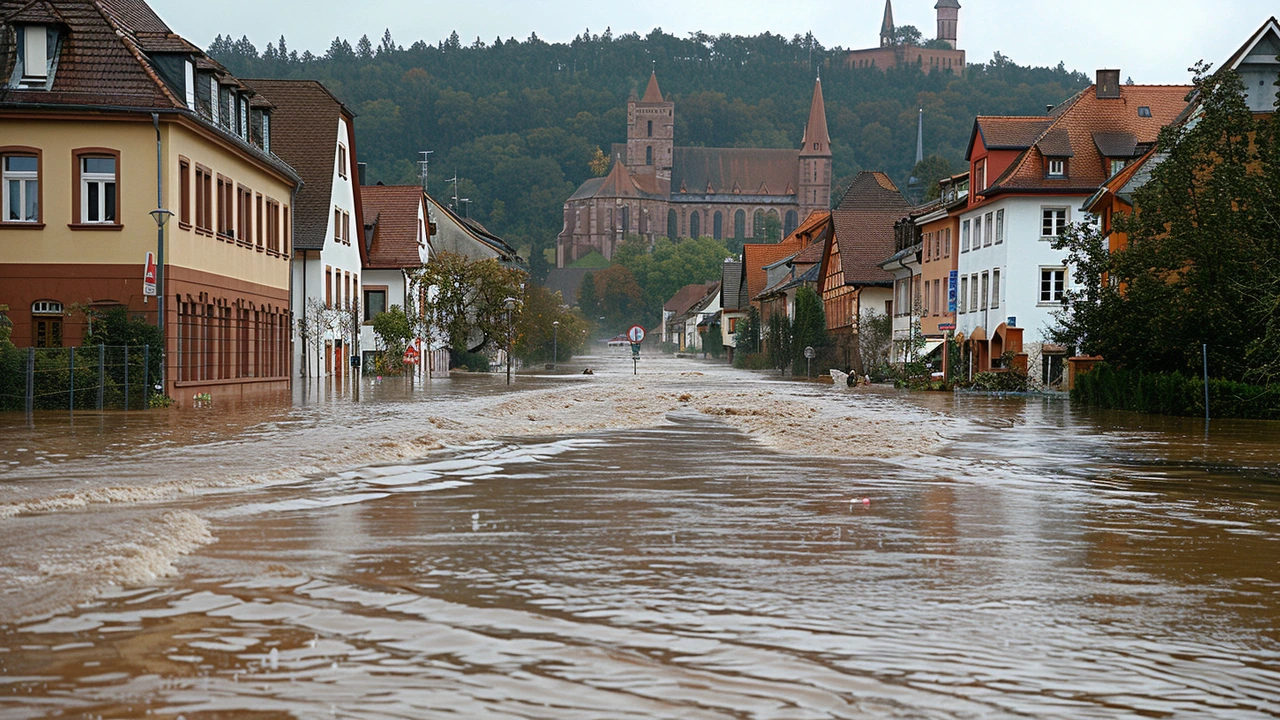Berlin climate targets: what they mean for the city and you
Berlin is working toward climate neutrality in line with Germany’s national goals. That means cutting greenhouse gas emissions steadily and switching energy systems to renewables over coming decades. The city sets interim milestones, changes rules for buildings and transport, and runs programs to speed up solar, heat networks and public transport. If you live or work in Berlin, these targets will influence energy bills, housing upgrades, local transit and where new projects get built.
What's changing and why it matters
Expect more incentives for rooftop solar, tighter rules for heating systems, and stronger support for cycling and public transport. Berlin is also pushing better insulation and funding for energy-efficient renovations. These moves lower emissions and can cut household energy costs, but they also require upfront investment and fair rollout so renters and low-income households don’t get left behind. The city publishes progress reports through the Senate department — that’s where you’ll find official updates on targets and timelines.
Practical steps you can take now
You don’t need to wait for big programs to make a difference. Simple changes help you save money and shrink your carbon footprint: set heating to 19°C, use thermostatic valves, switch to a green electricity supplier, replace old bulbs with LEDs and unplug chargers when not in use. If you own a home, consider adding insulation or installing solar panels — there are federal and local grants that often cover part of the cost. Use the bike or public transport for short trips and combine errands to cut car use. Even small changes add up when thousands of people do them.
For renters, ask your landlord for energy-efficiency upgrades and request clear information on energy costs for your apartment. Join local tenant groups pushing for fair renovation programs that protect renters from sudden rent hikes after upgrades. Look into community solar projects or neighborhood energy cooperatives if rooftop installation isn’t an option.
Businesses and landlords play a big role too. Companies can audit energy use, switch to green power contracts, and support employee options to commute by bike or public transit. Landlords can plan phased renovations aligned with grant deadlines to spread cost and reduce disruption.
Challenges remain: funding gaps, slow permit processes, and the need to balance climate action with social fairness. Berlin’s success depends on clear rules, fast approvals for renewable projects, and support schemes tailored to low-income households.
Want reliable updates? Follow official Senate reports and local climate initiatives, and keep an eye on coverage here at Ginger Apple News for practical updates on policies, grants and community actions. If you want, start by checking your electricity supplier and adjusting your heating settings this week — small steps matter when a whole city moves together.
Southern Germany Faces Devastating Floods Amid Fears Berlin Will Miss Climate Goals
By Sfiso Masuku On 4 Jun, 2024 Comments (13)

Southern Germany is grappling with severe flooding, which has already claimed the lives of four individuals and submerged multiple towns along the Danube River. This marks the third significant flooding event in the region this year, underscoring concerns about the nation's ability to meet its climate targets. Experts are calling for urgent, more decisive action to combat the impacts of global warming.
View More




